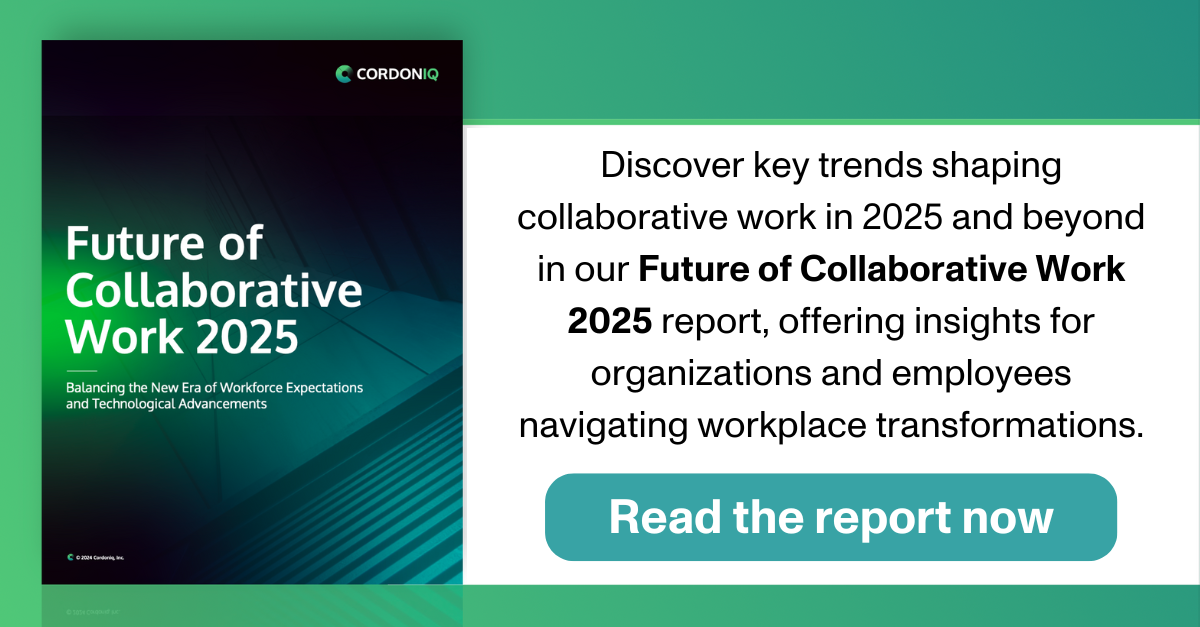The growth and evolution of AI are rapidly becoming more widespread, reaching a diverse range of businesses and industries and changing the landscape of the future of work. As more organizations introduce Generative AI into their daily business functions, more employees are exploring AI tools for a variety of work tasks. Others are using AI tools to help spark creativity, according to a recent report from Adobe, which notes that “more than half of all Americans have taken generative AI for a spin in the past year.” People are also using AI for different functions in their personal lives for everything from shopping to healthcare.
Although some job roles will change as AI tools continue to make certain day-to-day tasks, such as data entry, obsolete, the demand for AI-specific technical skills is soaring. Among LinkedIn’s latest Jobs on the Rise list, AI-specific roles take the top two spots.
Additional AI tech and specialist jobs are also in high demand, and new job titles are cropping up throughout various industries due to the AI renaissance.
High-tech AI jobs among the most lucrative and in demand
Certainly, high-tech jobs related to AI, such as data scientists, AI engineers and AI software developers are sustaining rapid growth, and large organizations are willing to pay top salaries for candidates. As organizations increase their investments in AI technology, these jobs will remain in high demand.
Many roles require advanced degrees in areas such as computer science, engineering, statistics, mathematics or data science.
According to the U.S. Bureau of Labor Statistics, employment of data scientists is projected to grow 36 percent from 2023 to 2033. AI is driving increased demand for software developers in particular, a field that the US Bureau of Labor Statistics projects will “grow 17 percent from 2023 to 2033, much faster than the average for all occupations.”
Apart from the more high-tech engineering jobs, demand is also growing for job candidates who are AI skills-literate, and those who are proficient in soft skills, including creative skills. As the AI field continues to accelerate, other new roles will emerge, including technical roles with specific niche training.
New and emerging AI job roles
Some of the AI-related skills and roles are entirely new, workplace industry research shows. LinkedIn’s new workplace data revealed that globally, 10% of today’s workers have job titles that didn’t exist in 2000. Many evolving and innovative job roles require a combination of AI-savvy human skills, niche education and creativity, while others are purely technical.
Here is an overview of some of the various roles that are either in high demand or emerging as a result of AI tools, innovation and advancement:
Data scientist
The role of the data scientist is to analyze complex data in order to make data-driven decisions using statistical methods and machine learning. As one of the most sought-after data science careers, this role remains vital across industries ranging from financial services to healthcare.

AI engineer
AI Engineers develop, implement and optimize artificial intelligence models and algorithms. These technical positions are in high demand across many industries, including consumer products, banking, financial services, insurance and healthcare, as organizations seek to develop their own AI applications and systems. LinkedIn research shows this role “is one of the fastest growing jobs in 15 countries and ranked #1 in Netherlands, Singapore, UK, and US.”
Chief AI officer (CAIO)
This is an executive role within an organization that is focused on overseeing the development, strategy and implementation of AI technologies. The CAIO is instrumental in “guiding the organization through the complexities of AI adoption, ensuring that AI technologies are used effectively and responsibly to encourage business growth and innovation,” as IBM states.
AI prompt engineer
Prompt engineering is another rapidly growing role. Prompt engineers “use creativity plus trial and error to create a collection of input texts,” essentially to optimize an application’s generative AI function.
AI ethics specialist or officer
As organizations begin to incorporate AI, they must incorporate policies that protect their firms and their data. An AI ethics specialist helps develop ethical guidelines and policies for AI projects and completes ethical reviews of these projects for the organization.
AI cybersecurity professionals
This vital role is expanding as more organizations incorporate AI models and tools in their businesses. These positions include AI cybersecurity engineers who use machine learning and AI tools to protect systems, and who are responsible for ensuring the integrity and security of an organization’s AI models and systems.
AI product owner
The AI product owner is similar to the software product owner. These professionals typically have a technical background with liaison roles that work with business development, technology, analytics and often Agile methodology, to roadmap product development and delivery.
Computer vision engineer
This technical professional develops programs that enable machines to “see” and interpret images and other visual inputs. They can build systems, including autonomous vehicles and facial recognition, that “see the world around them and act accordingly.”

Retail AI chatbot customer service specialist
This job requires a person with specific and relevant retail industry customer service experience to conduct conversations to teach AI chatbots. They basically write conversations to train the chatbots how to respond.
Generative AI strategist
An AI strategist is a technical professional who plans, oversees and guides the implementation of artificial intelligence systems into business operations, according to Upwork.
Smart home designer or architect
A smart home designer combines skills in home design and technology, and specializes in designing living spaces that are automated, intelligent, responsive, convenient and energy-efficient.
Robot liaison officer
As the use of robots becomes more widespread throughout different industries, a Robot Liaison Officer may be needed to bridge the working relationship between humans and robots.
Conclusion
The acceleration of AI is just the beginning of a new era of work. As businesses continue to integrate AI technologies, the demand for specialized AI roles will only grow. From high-tech engineers to ethics specialists and creative strategists, AI is reshaping career landscapes across industries. It will be fascinating to see what new roles emerge as AI continues to advance, opening up even more opportunities for professionals with the right skills.
